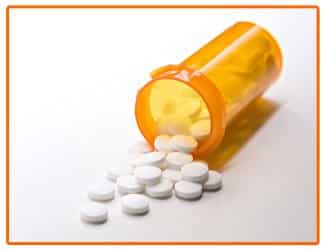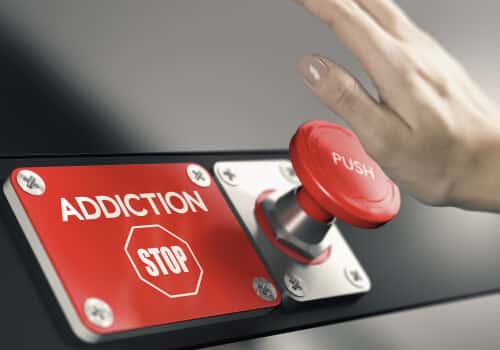Klonopin Addiction Treatment

Doctors give prescription drugs to help patients.
Is that always true? Are prescription drugs helpful and safe?
The truth is that taking prescription drugs such as Klonopin has a thin line between treatment to addiction. Sadly, many prescribers develop a dependence on a drug that is supposed to help.
Addiction to Klonopin is common in anxiety treatment cases. For example, Lena Dunham, American actress, and creator of the HBO television series Girls, opened up to the public about her addiction to Klonopin. “Initially, the drug was a helpful tool to treat panic attacks,” said the actress at the Armchair Expert podcast. After three years of addiction, Dunham began taking more and more pills. When she decided to stop, the procedure was tough and hellacious.
Many people have become addicted to Klonopin. Here is everything you need to know about the drug, addiction symptoms, and treatment.
What is Klonopin?
Clonazepam is the generic name for Klonopin. This tranquilizer belongs to the benzodiazepine family or “benzos” for short. Other popular, extremely addictive drugs in that family are Xanax, Valium, and Ativan. Often prescribed as a prevention and control drug for seizures, it is also used for panic attacks, epilepsy, anxiety, restless legs syndrome, and certain phobias.
Klonopin calms the nerves by affecting chemicals in the brain. It is the most commonly prescribed medication in the U.S., popular for it’s short-term effectiveness. The National Alliance on Mental Illness warns that physical dependency may result after only two weeks of use, still psychiatrists prescribe the drug as a long-term treatment for anxiety.
People don’t believe it’s as dangerous as some of the “harder” drugs, but Klonopin can be very addictive. The drug can be extremely damaging to both the user and his or her loved ones.
How Addictive is Klonopin?
Because of the short desired relaxation and calmness effects, typically noticeable within an hour of oral consumption, Klonopin is highly addictive. After consuming the medication, both mind and body feel slowed and relaxed. Depending on the severity of symptoms, Klonopin treatment is felt between 6 to 24 hours. The relaxed mindset and reduced tension create a strong dependence on the drug.
Klonopin Withdrawl:

Treating Klonopin addiction may be complicated through a highly-individualized process. When users try to stop usage immediately, mild to severe symptoms occur without any professional help.
Complications happen because the brain depends on quick relief for normal functioning. Withdrawal symptoms include anxiety, hallucinations, increased body temperature, irritability, panic attacks, sleeplessness, seizures, and trouble in coordination. Sudden quitting can result in a coma and potential death. It is advisable to cut down usage gradually.
At CNT, we have certified physicians and nurses for making this procedure comfortable for every patient. Ignoring common withdrawal warning symptoms can result in complications. When you recognize such symptoms, please don’t hesitate to contact us for help.
The Timeline:
When compared to other drugs, the Klonopin rehabilitation process may be longer. Recovery symptoms start one to three days before after quitting. Rehab completion depends on the duration of intake, the dosage, and the severity of tolerance.
During this process, longer acting sedative medication may be required to manage any resultant seizure activity. Our board-certified psychiatrist will prescribe the necessary medications to address psychiatric and personal needs.
At CNT, Medical Detox is designed to prevent any physical or psychological complications. Your comfort is highly important. Our trained and certified staff addresses the individual requirements of each patient.
How Does Medical Detox Help?
The process of withdrawal from Klonopin can be intimidating or even scary. You can avoid exposure to self-danger with detoxification in a medically supervised environment. At CNT, clients feel comfortable in a relaxing, similar to home, atmosphere.
The doctors and nursing staff are adept at managing benzodiazepine and other drug conditions. While using advanced medications and persistent psychological support, positive results monitored closely with care.
Getting Started with Your Treatment Timeline:
If you recognize Klonopin addiction signs of physical dependence, please reach out for help. Getting back to a healthy place is achieved in a step-by-step procedure of our detox program.
We offer comprehensive care and services for a wide range of treatment needs. With our expertise in this field, we can formulate a detox program suitable for your conditions and needs.
For further details about the treatment, please call us today.
Related Articles
How to Tackle Heroin Withdrawal and Opiate Withdrawal



